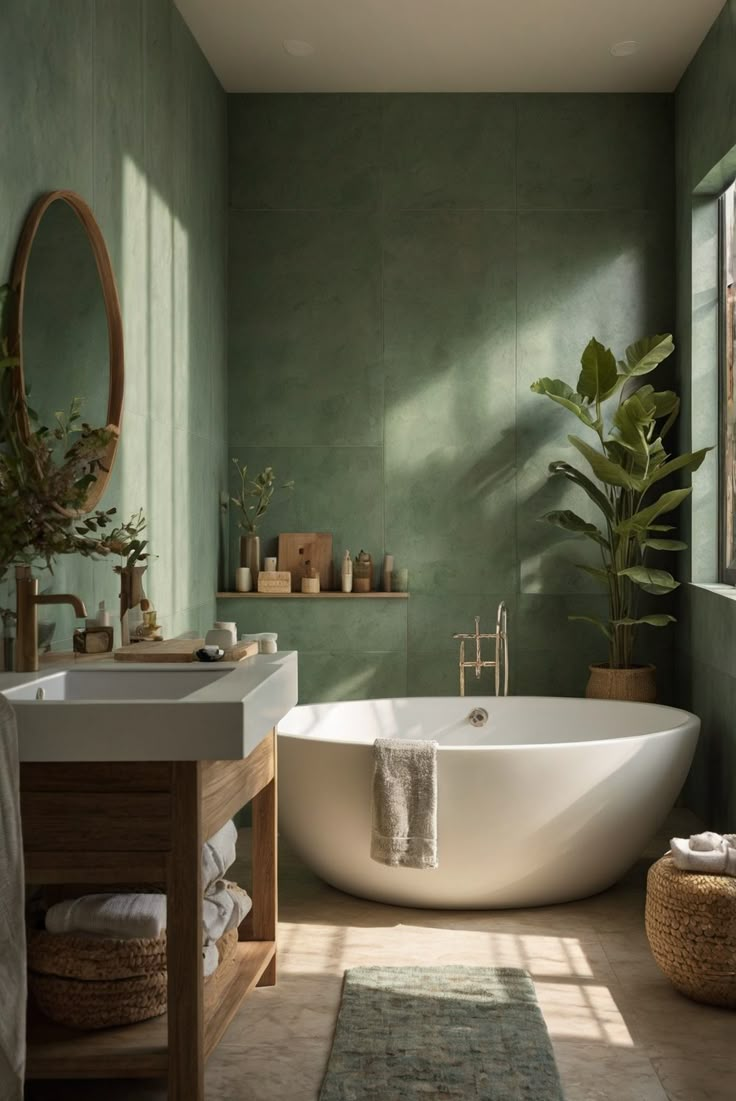
Emotional Fulfillment Without a Partner: What It Truly Feels Like
The Psychology Behind Emotional Satisfaction
Emotional fulfillment is defined byinternal congruence—the alignment of your feelings, values, and needs. According to Dr. Kristen Neff, a leading researcher in self-compassion, emotional wholeness begins withself-kindness and mindfulness, not romantic relationships.
For many women, being single is not a placeholder, but apermanent or chosen state of empowerment. Emotional satisfaction doesn’t rely on someone else’s love; it often comes from daily rituals, intentional living, and building a resilient internal world.
“You can be completely whole without another person validating your experience. Your emotional reality is yours to create.”
— Dr. Laurie Santos, Yale University,The Science of Well-Being
How Common Is Emotional Fulfillment Among Singles?
You’re not alone in seeking it. A 2021 Pew Research study found that31% of single adults reported feeling more emotionally grounded than when in past relationships, citing self-reliance, emotional clarity, and the absence of relational stress.
Women in particular reported finding satisfaction in:
-
Creative expression (writing, art, music)
-
Self-exploration and mindful pleasure
-
Friendships and platonic intimacy
-
Developing strong emotional intelligence
Practical Ways to Feel Emotionally Connected Without a Partner
1. Build Rituals That Reflect Your Needs
Small habits—like running a warm bath, using Diose’s body-friendly massage tools, or journaling by candlelight—create a sense ofintentional care. You’re not performing for anyone; you’re listening inward.
2. Redefine Intimacy as a Personal Practice
True intimacy doesn’t require another person. It can mean:
-
Holding space for your feelings
-
Exploring your body without shame
-
Using gentle, waterproof vibrators not just for pleasure—but for grounding and relaxation
Mindful touchbecomes emotional presence. That’s something many women never experienced in past relationships.
3. Process Loneliness Without Judgment
Yes, some evenings feel quiet. That’s okay. Emotional fulfillment doesn’t mean never feeling lonely—it means knowing how to hold that loneliness with compassion.
Tip: Try naming your feelings aloud. “I feel disconnected today, and that’s valid.” Research showslabeling emotions reduces their intensityby up to 40% (Lieberman et al., 2007).
What It Actually Feels Like to Be Fulfilled, Solo
-
You begin to say “no” to people who drain you
-
You celebrate small wins without needing applause
-
You seek comfort in nature, music, baths—not someone’s approval
-
You feelcalm in your own company
One woman we spoke to, 36-year-old Lila, described her emotional independence like this:
“After years of tying my happiness to relationships, I realized my softest moments came when I was alone—taking care of myself in ways no one else ever did.”
More Than Just “Being Fine” Without a Partner
There’s a cultural pressure to treat singlehood like a waiting room. But emotional fulfillment isn’t passive—it’s active self-parenting. You’re not just surviving; you’re curating a life that feels deeply yours.
At Diose, we create wellness tools designed for this kind of connection—with yourself. Quiet moments in the bath. Slow mornings. Nights where touch becomes meditation. It’s all intimacy. And it’s all valid.
Create a Life That Feels Like Yours
Whether you’re rediscovering your emotional rhythms or building new self-connection rituals, you don’t need a partner to feel whole. You only need presence—and tools that honor it.
Explore our thoughtfully designedself-intimacy and relaxation toolson ourhomepage.
Have questions about emotional wellness or solo care? Reach out anytime on ourcontact page.






